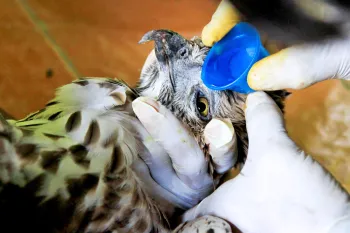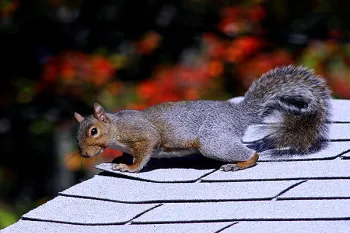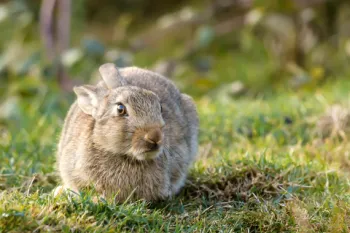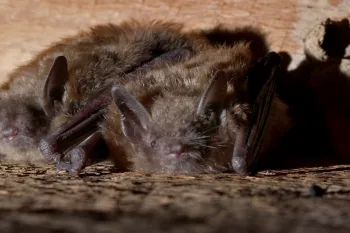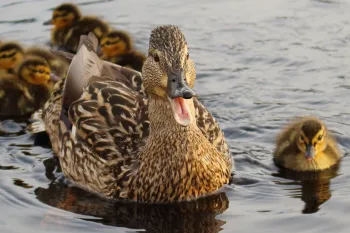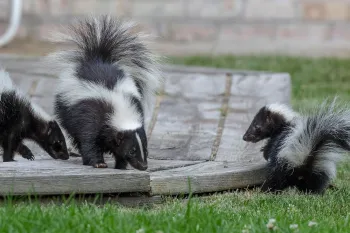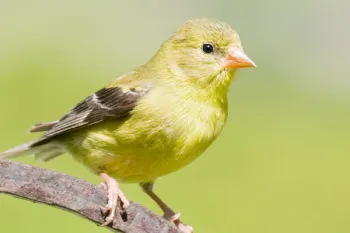Your wild neighbors
Humane World for Animals works with community leaders and animal care and control agencies to create Wild Neighbors communities, where humane and non-lethal solutions are given priority when addressing conflicts between people and wildlife. Learn more about the innovative and effective approaches you can take to solve any wild animal problems you encounter in your home, yard or garden.
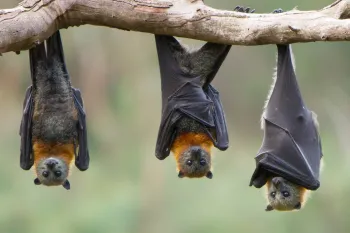
CraigRJD/iStock.com
Whether you want to get bats out of your house, scare them away, protect their habitats, or have questions about bats and diseases, we can help.
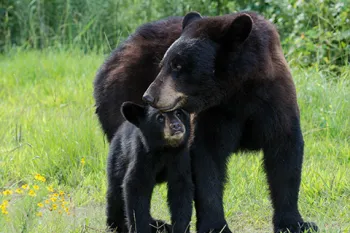
Anton Sorokin/Alamy Stock Photo
Bird feeders, unsecured pet food, garbage, compost, containers for recycling, and grills may be bringing them to your back door.
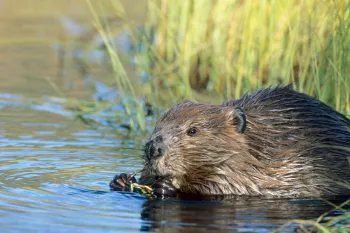
blickwinkel/Alamy Stock Photo
What to do about beavers and how to safely keep them away.
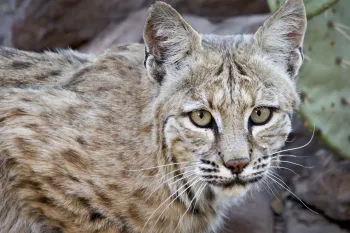
Photo by Elroy Limmer
Conflicts with these elusive, wild felines are rare and preventable. Learn how to protect your pets and humanely keep them from coming into your yard.
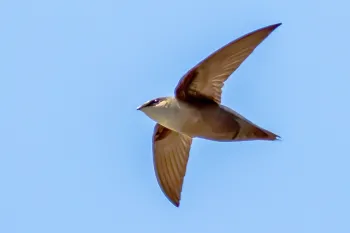
Matthew Jolley/iStock.com
Safely get and keep birds like swifts out of chimneys.
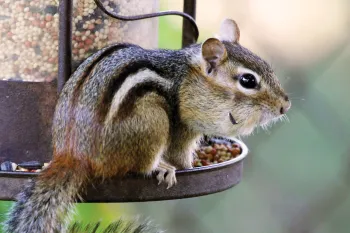
Goddard_Photography/iStock.com
How to safely and humanely get keep chipmunks away from your house.
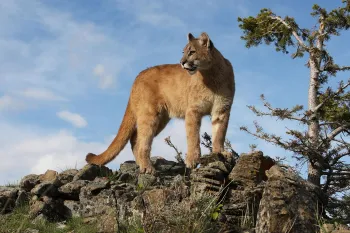
Phil Gould/Alamy Stock Photo
Taking simple precautions in cougar country can easily prevent dangerous conflicts, protect our pets, and help us live in harmony with majestic mountain lions.
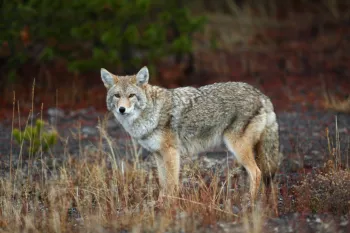
How to humanely haze coyotes and keep them away from backyards and homesteads.

mirceax/iStock.com
Crows can get in the trash and compost. These smart black birds are now common residents of cities and towns, but relocation is more effective and humane than poison.
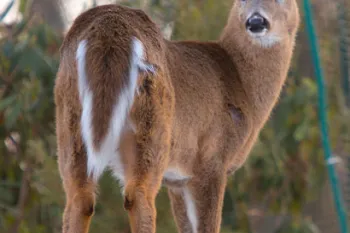
Robert Caplin/For the HSUS
Conflicts with deer are best solved by addressing their root causes. Here are steps that can be taken to humanely and effectively control deer populations where necessary.
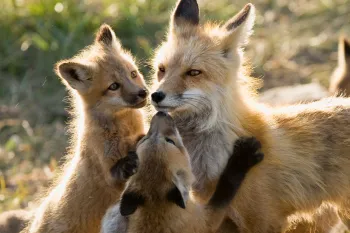
Thomas D. Mangelsen
Although foxes can be dangerous for small pets left outdoors, they're usually no cause for alarm. Here's what to do if you see one.
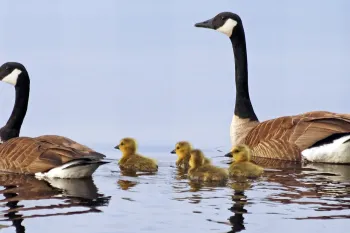
Rena-Marie/iStock.com
Killing geese is inhumane, ineffective and unnecessary. Learn better ways to keep flocks off your property or facility.
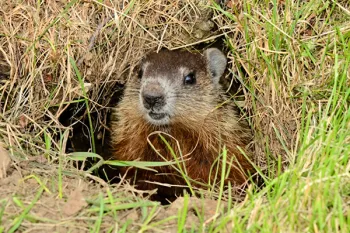
kalimf/iStock.com
Groundhogs are shy, timid creatures that may dine on garden vegetables or flowers. Fencing and humane harassment are the best ways to solve conflicts with woodchucks.
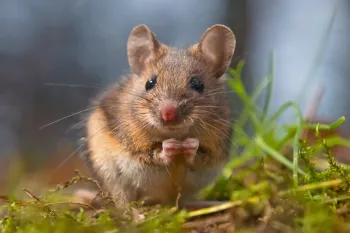
Many people keep mice as pets, but some wild visitors can be unwanted so learn how to deter mice and prevent their coming back with these humane tips.
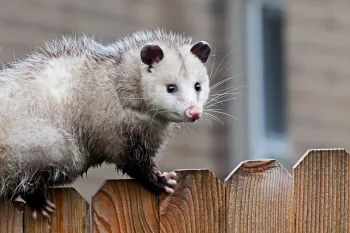
mtruchon/iStock.com
Opossums are gentle neighbors, rarely dangerous, and often not even responsible for messes they get blamed for. Here's what to do if you have one in a crawlspace.
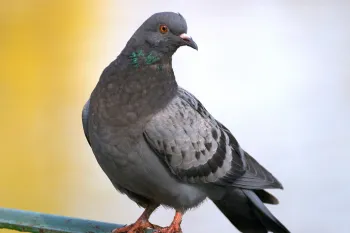
Jan Gottwald/iStock.com
When pigeon flocks grow too large and their poop becomes too much of a nuisance, use these humane methods to control their numbers.
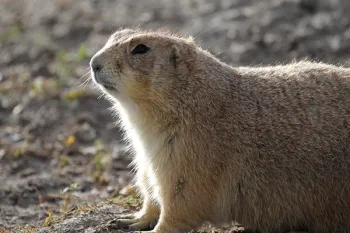
Noelle Guernsey/The HSUS
As keystone members of the ecosystem, prairie dogs deserve protection and coexistence.
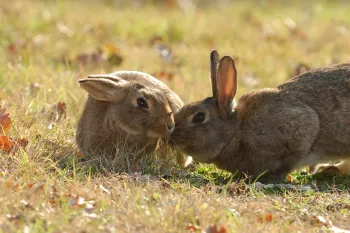
Maurizio Bonora/iStock.com
Rabbits may eat our plants or crops in the garden, yet they are critical members of our ecosystem. Make sure they are the culprit and learn what you can do without hurting them.
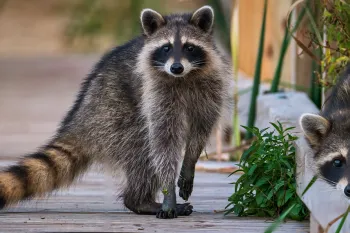
lavin photography/iStock.com
Wondering what to do about raccoons? Conflicts with these intelligent animals can be prevented and resolved humanely.
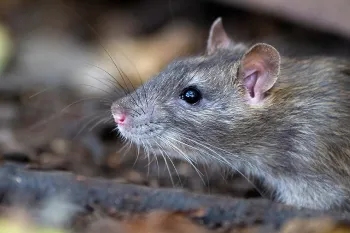
Ed Maynard/iStock.com
Clever, curious rats can carry pathogens—but that doesn’t mean they deserve cruelty. Here’s how to safely and humanely keep rats away from your home, yard or chicken coop.
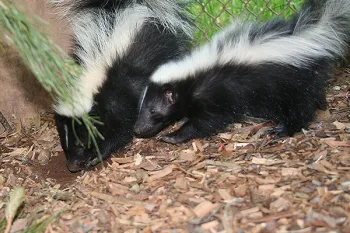
Christine Jensen/The HSUS
Learn how to safely keep skunks away from pets when they enter your yard or garage.
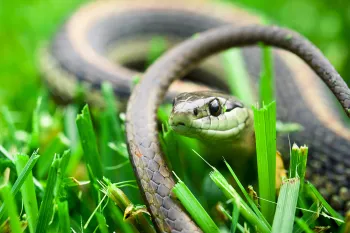
Kativ/iStock.com
Most snakes are not a threat to either people or pets, so identify the troublemakers to learn what to do if you find any in your yard or home and need to humanely remove them.
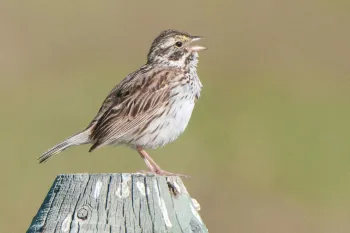
Kathy Milani/The HSUS
Of all sparrows, the non-native house sparrow is most often in conflict with humans because the birds are so good at adapting to our buildings and nesting in crevices.
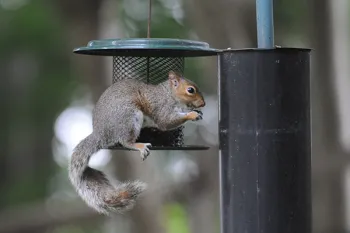
Kathy Milani/The HSUS
Squirrels are smart and athletic, which might make them an annoyance. Here’s how to handle squirrel conflicts with kindness when they get in your house.
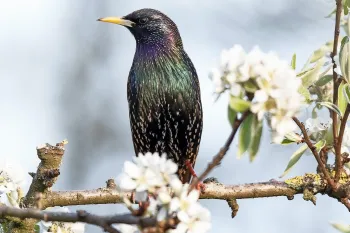
Hans Veth/Unsplash
Starlings are cavity-nesting birds and will use attics, vents, and ducts in homes to build nests for their eggs and to raise their young.
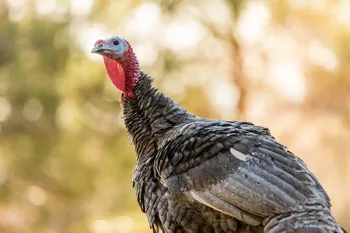
Jason Doiy/iStock.com
Too many turkeys in your yard or garden? Find easy, effective and humane ways to move them along off your property.
Meredith Lee/Humane World for Animals
Create a haven for wildlife
A humane backyard is a natural habitat offering wildlife plenty of food, water and cover, plus a safe place to live free from pesticides, chemicals, free-roaming pets, inhumane practices and other threats. And it's so easy to build!
Your gift can do so much for animals in need
Start saving lives by making a one-time gift today. You can also help animals all year long with a monthly contribution.
Meredith Lee/

